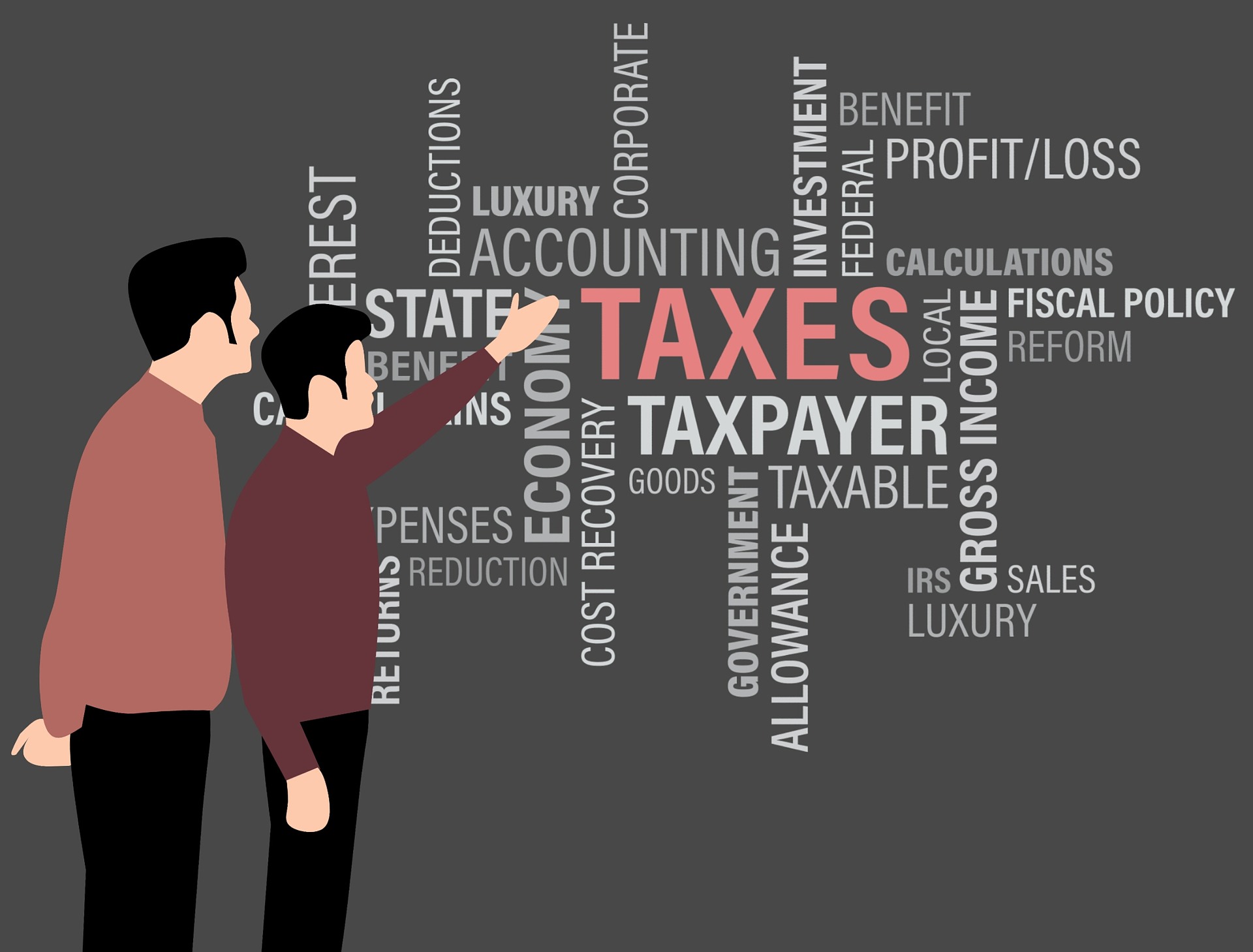It’s the most wonderful time of the year…okay, not really. For most Canadians, the only people skipping gleefully to work between March and April are accountants. Hey, when you love what you do, work is exciting!
Don’t let tax time scare you, and don’t let your fear or procrastination make you skip filing altogether, or file late. If you do, penalties and fees with ensue (why pay more than you have to?) and you risk an audit (trust me, not even accountants like CRA audits).
As you get ready to file, here are a few things you should know.
Which Form Do I Need?
The form you will use to file depends on how your small business is structured. If you are a sole proprietor or in a partnership, you will report your business income on your personal income tax form (T1 – Form T2125). If you are a corporation, you report on the T2 form.
Remember, when you are not incorporated, you are considered your business. Therefore CRA sees you as earning employment income, even though it is not coming from an outside employer. When you incorporate, your business becomes its own entity with its own rights, income streams and protections. You are, in effect, filing on behalf of an entity outside of yourself.

I Can Write Off Tons of Living Expenses, Right?
In a word, no. Small business owners that operate exclusively from, or have a dedicated office in, their homes are certainly entitled to deductions, but the space must fit strict criteria. Your home office must be used solely for work and the space must be dedicated to your employment. If you work in an outside office but also spend several hours per week with your laptop after hours at the kitchen table, that doesn’t count. However, if you have a bedroom in your home that you converted into an office and that’s where the majority of your business dealings take place, you are entitled to certain deductions.
You must be reasonable in estimating the cost of electricity, heating/cooling, taxes and insurance you are using, and mortgage interest and capital costs cannot be included in your estimates. To learn how to calculate expenses for your home office, visit CRA’s Work-Space-In-the-Home page.
How Much Time Should I Devote To Filing My Taxes?
 Do not miss that all-important deadline. As always, the deadline is April 30, however, since that falls on a Sunday this year, CRA is accepting filings that arrive on or before May 1. Remember, if you owe a balance, it must be paid before the deadline, so give yourself enough time to get your taxes in before the deadline and to get your assessment before May 1.
Do not miss that all-important deadline. As always, the deadline is April 30, however, since that falls on a Sunday this year, CRA is accepting filings that arrive on or before May 1. Remember, if you owe a balance, it must be paid before the deadline, so give yourself enough time to get your taxes in before the deadline and to get your assessment before May 1.
Staying organized during the year and keeping your receipts and tax documents in a file will make tax time much easier for you, but there is an even easier way: let us help.
As small business accounting professionals (that love tax time) we have the manpower and tools to get your taxes filed on time while accounting for all your necessary deductions. If you’d rather not sweat the documents and fine print, simply get in touch with us today and let us do the job we love on your behalf.











